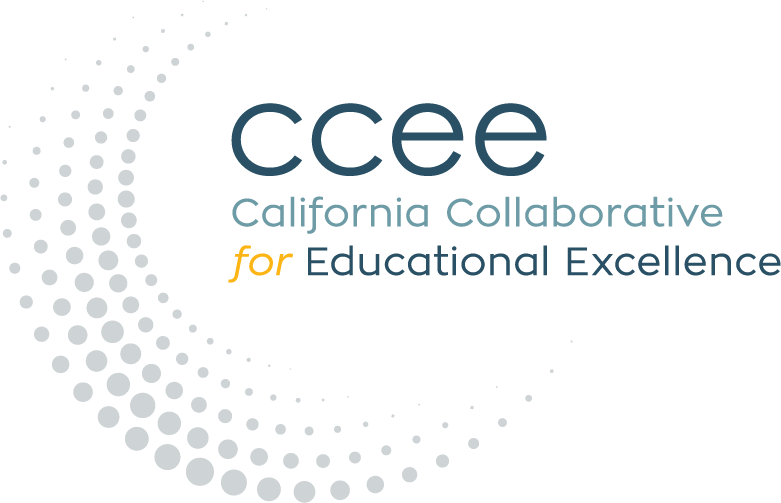DESCRIPTION
This enlightening session featured innovative leaders from Yolo County Office of Education, Santa Barbara Unified School District, and Modesto City Schools. These forward-thinking districts shared their pioneering climate adaptation strategies that enhance resilience and drive significant cost savings.
Yolo County Office of Education (YCOE)
YCOE is spearheading the construction of a microgrid designed to protect their critical facilities. This project leverages Investment Tax Credits from the federal Inflation Reduction Act, showcasing a model for financial and environmental sustainability.
Santa Barbara Unified School District (SBUSD)
SBUSD has successfully installed a microgrid that is projected to save $14 million over the next 20 years. Their approach demonstrates the long-term financial benefits and enhanced reliability that come with advanced energy solutions.
Modesto City Schools (MCS)
MCS is transforming their facilities with solar carports, EV chargers, and electric school buses. This transition is expected to make their schools energy resilient and attract $17 million in state and federal funding, setting a benchmark for sustainable infrastructure investments.
Key Takeaways
- Innovative Projects: Insights into the microgrid projects and sustainable initiatives of YCOE, SBUSD, and MCS.
- Financial Strategies: How these districts are leveraging federal and state incentives to fund their projects.
- Resilience Building: Practical steps to enhance the resilience of educational facilities through climate adaptation.
- Cost Savings: Strategies to achieve substantial cost savings while transitioning to sustainable energy solutions.
We invite you to explore the resources and archived video from this session to gain valuable knowledge and inspiration for integrating climate adaptation into your strategic planning.
PRESENTERS
Matthew Juchniewicz, Director of Operations Services, Yolo COE
Veronica Coronado, Associate Superintendent, Yolo COE
Desmond Ho, Operations and Sustainability Coordinator, Santa Barbara USD
Gilbert Blue Feather Rosas, Director of Sustainability and Adaptation, Modesto City Schools
SESSION MATERIALS
RESOURCES
- Modesto City Schools Sustainability Website








